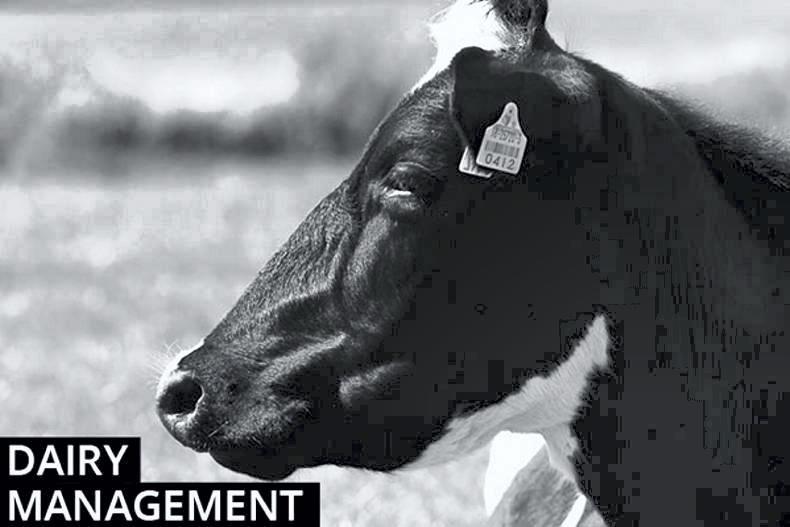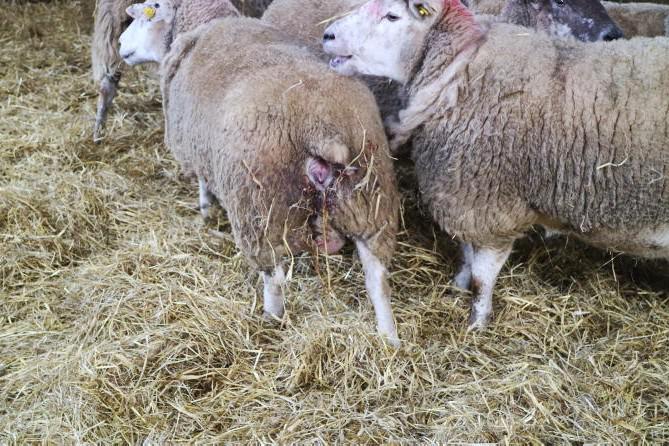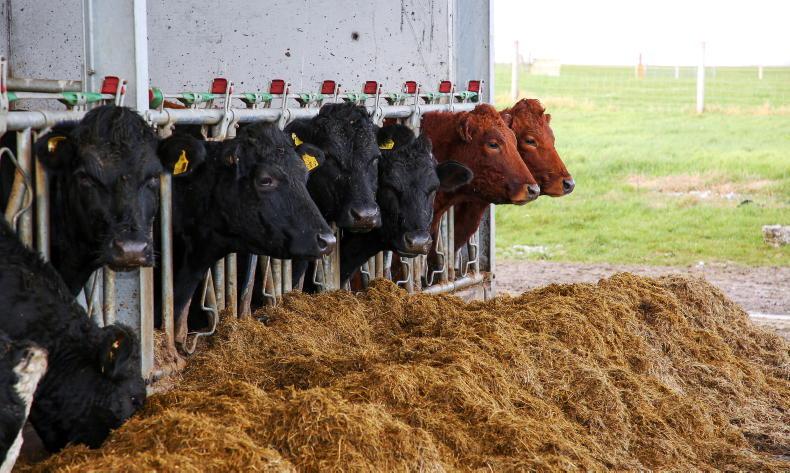I’m hearing of increased incidences of parasites in cows and youngstock. Lungworms, stomach worms and fluke are the main issues.
After a wet summer and autumn in many parts, lungworms (hoose) and fluke are particularly prevalent. Coughing cows, poor thrive and reduced yield may indicate an infection, but getting a faecal sample tested for egg counts will give a good indication of what the cause is.
However, in the case of hoose you are advised to act fast, as lungworms can cause serious health problems including death or else leave the animal open to secondary infections such as pneumonia or IBR.
Fluke treatment
On fluke, rumen fluke is presenting itself in some herds. Again, it’s mostly an issue on heavy land, but every farmer should be vigilant. The main dose for rumen fluke has a three-day milk withdrawal period. The dose for immature and mature liver fluke licenced for use on dairy cows can only be used in the dry period. In the case of sick cows you might have no option but to dry off and treat.
Different products work in different ways, make sure you know what product you are using and how it works. For example, is it killing both immature and adult fluke, or will you need to dose twice? Also, if animals are grazed after dosing, which could expose them to infection, then they will need to be dosed again.
Read more
3,500 cattle, fluke in the flesh and the threat of AMR
Vet's corner: Never discount hoose when making diagnosis
Dairy management: Rationing the remaining grass supply
Dairy management: Watch out for grass tetany
I’m hearing of increased incidences of parasites in cows and youngstock. Lungworms, stomach worms and fluke are the main issues.
After a wet summer and autumn in many parts, lungworms (hoose) and fluke are particularly prevalent. Coughing cows, poor thrive and reduced yield may indicate an infection, but getting a faecal sample tested for egg counts will give a good indication of what the cause is.
However, in the case of hoose you are advised to act fast, as lungworms can cause serious health problems including death or else leave the animal open to secondary infections such as pneumonia or IBR.
Fluke treatment
On fluke, rumen fluke is presenting itself in some herds. Again, it’s mostly an issue on heavy land, but every farmer should be vigilant. The main dose for rumen fluke has a three-day milk withdrawal period. The dose for immature and mature liver fluke licenced for use on dairy cows can only be used in the dry period. In the case of sick cows you might have no option but to dry off and treat.
Different products work in different ways, make sure you know what product you are using and how it works. For example, is it killing both immature and adult fluke, or will you need to dose twice? Also, if animals are grazed after dosing, which could expose them to infection, then they will need to be dosed again.
Read more
3,500 cattle, fluke in the flesh and the threat of AMR
Vet's corner: Never discount hoose when making diagnosis
Dairy management: Rationing the remaining grass supply
Dairy management: Watch out for grass tetany










SHARING OPTIONS